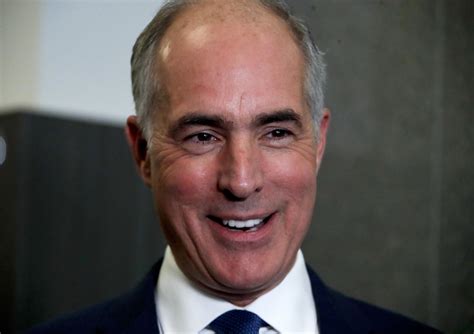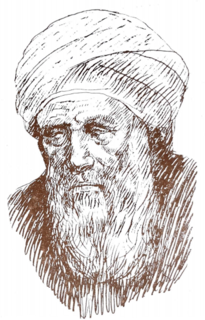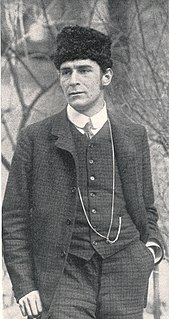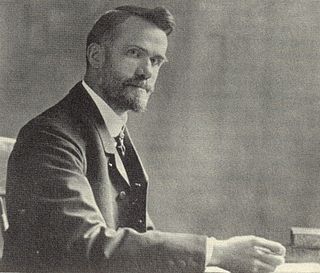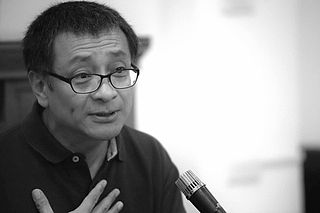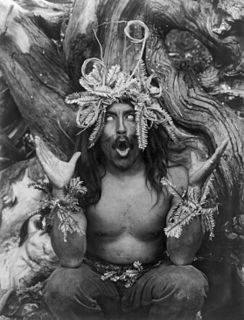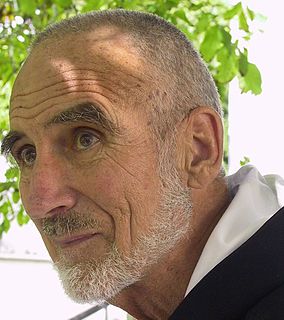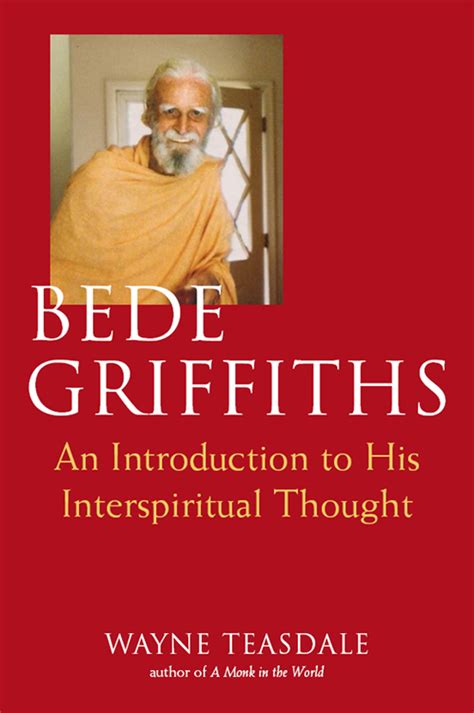Top 1200 Religious Traditions Quotes & Sayings
Explore popular Religious Traditions quotes.
Last updated on September 30, 2024.
There is a fundamental spiritual quality to gratitude that transcends religious traditions. Gratitude is a universal human experience that can seem to be either a random occurrence of grace or a chosen attitude to create a better experience of life; in many ways it contains elements of both. Grateful people sense that they are not separated from others or from God; this recognition of unity with all things brings a deep sense of gratefulness, whether we are religious or not.
When you ban people from predominantly Muslim countries from coming into the U.S., even people who accompanied our soldiers and helped them on the battlefield, but you say, "But, of course, there's gonna be an exception if you're a religious minority," - OK, so that means Christians, there will be a different rule applied to Christians from these countries than others - that's a religious test. And that is completely contrary to our national traditions.
Religion is important for humanity, but it should evolve with humanity. The first priority is to establish and develop the principle of pluralism in all religious traditions. If we, the religious leaders, cultivate a sincere pluralistic attitude, then everything will be more simple. It is good that most religious leaders are at least beginning to recognize other traditions, even though they may not approve of them. The next step is to accept that the idea of propagating religion is outdated. It no longer suits the times.
What does Christianity mean today? National Socialism is a religion. All we lack is a religious genius capable of uprooting outmoded religious practices and putting new ones in their place. We lack traditions and ritual. One day soon National Socialism will be the religion of all Germans. My Party is my church, and I believe I serve the Lord best if I do his will, and liberate my oppressed people from the fetters of slavery. That is my gospel.
In order to teach a course in the history of Western religious thought, I had to do a great deal of research in the writings within the Judaic and Christian traditions and I was astonished to find in those writings philosophical thought of great power and sophistication. These writings completely blew away all my opinions about what I had taken to be the irrationality or immaturity of religious ideas, opinions which were and still are fashionable in many intellectual and literary circles today.
Half the people in the world think that the metaphors of their religious traditions, for example, are facts. And the other half contends that they are not facts at all. As a result we have people who consider themselves believers because they accept metaphors as facts, and we have others who classify themselves as atheists because they think religious metaphors are lies.
A religion made up solely of heightened religious experiences would not be a religion at all. ...The major religious traditions address the mysteries (with or without entheogens), but they have other business to do: widen understanding, give meaning, provide solace, promote loving-kindness, and connect human being to human being.
My belief is that the various religious traditions have great potential to increase compassion, the sense of caring for one another, and the spirit of reconciliation. However, I believe that a human being, without religious faith, can be a very good person - sincere, a good heart, having a sense of concern for others - without belief in a particular religious faith.
I think the important thing to learn is that we can retain a sentimental loyalty to the cultural and literary traditions of, say, Judaism, Anglicanism or Islam, and even participate in religious rituals such as marriages and funerals, without buying into the supernatural beliefs that historically went along with those traditions. We can give up belief in God while not losing touch with a treasured heritage.
It's true that to speak of an ethic of giftedness, which is very much the ethic that I deploy in raising questions about designer children and genetic engineering - an appreciation of the giftedness of the child or the giftedness of life does have religious resonance, because a great many religious traditions emphasize the sense in which the good things in life are not all our own doing; they are gifts from God.
The separation of church and state is extremely important to any of us who holds to the original traditions of our nation. . . . To change these traditions . . . would be harmful to our whole attitude of tolerance in the religious area. If we look at situations which have arisen in the past in Europe and other world areas, I think we will see the reason why it is wise to hold to our early traditions.
I think traditions change and modify with each generation. With new members joining the family, their customs and traditions have to be respected and combined with the exiting traditions. And the children that follow are part of that new evolving tradition and, as they grow, will have input that will, in turn, continue to evolve that tradition.


